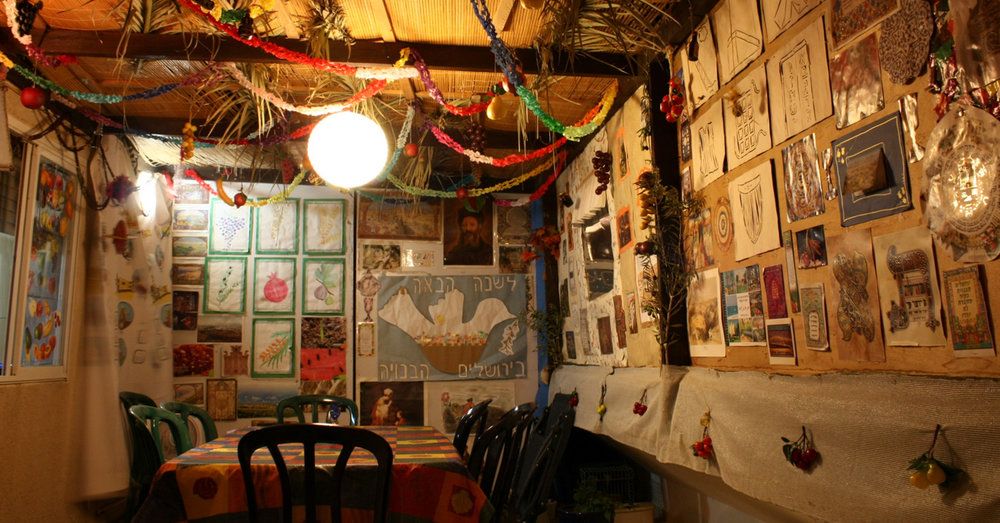
The Feast of Sukkot, or Tabernacles, begins tonight – a continuation of the holidays that began with Rosh Hashanah, the Jewish New Year. The period ends next week with the rockin’ celebration ofSimchat Torah, lit. “Rejoicing in Torah.”
This stretch of time is actually a sophisticated technology for personal repair bequeathed to us by G-d via Moses 3,300 years ago, with accompanying instructions for upgrades over the millennia.
Why do we need it? Every soul journeys through this world in a human vehicle, and vehicles need maintenance. The longer their problems go unattended, the bigger they become.
We all sense this, and that’s why every society has a tradition of making New Year’s resolutions. The curious thing is, we would never fix the brakes on our cars without help, yet we routinely assume we can fix the far more complicated – and equally important – brakes on our thoughts, speech and deeds.
The result is grossly incompetent repairs made around the secular New Year that go something like this:
I show up late for a party.
“Dude, where you been?”
“My man, this is the year I stop showing up late!”
“Good resolution! Have some champagne!”
The room starts spinning. I stumble to bed. I wake with a hangover. And a headache. And a bruise.
“Where’s my phone?”
I show up late for a meeting.
Now, let’s see what happens when I take my soul’s vehicle in for a sage repair.
A month before Rosh Hashanah I start taking inventory. Reviewing the repair list, I prioritize habitual lateness.
Rosh Hashanah arrives. I pray for strength and guidance in this project. This is the kind of prayer that always works.
As Yom Kippur approaches, I become painfully aware that my lateness inconveniences others and demonstrates a lack of respect for them. I also realize that when I’m late for prayer or Torah study, I show the same lack of respect for my Creator.
I seek forgiveness for past transgressions, drawing strength from the people who forgive me. They’re glad they won’t be inconvenienced if I succeed, and they’re genuinely happy to join Team Sal, lending soul force to my intended repair.
My resolve to fix the problem won’t be enough. I need a plan. I create a new, color-coded default calendar for meetings on my phone, with dual alarms to keep me on track.
The plan has a chance of succeeding, but similar plans have failed in the past. The new scheme is a fragile endeavor, and that’s what our sukkahs represent.
A sukkah is a fragile dwelling we inhabit during the festival of Sukkot. By definition, it will stand up to a light wind but collapse in a stiff wind.
For a week I live and eat with my loved ones in this temporary structure, thankful for their presence and the bounty we enjoy during this time of harvest. We invite guests, both living and departed, to celebrate the abundancesu, and we share lessons we’ve learned along our journeys. Everyone is doing vehicle repair, and we empower each other.
Surrounded by so much love and support, my soul feels the unmistakable hum of a competent repair to my human vehicle. I’m ready to roll.
When Simchat Torah arrives, we dance, sing, rock. I know I’ll show up on time this year – in fact, I’ll be the early one at meetings. I’ll create less stress for others, and less stress for me. Even if I slip once or twice, I’ll know where to look for help. Maintenance rather than overhaul.
That’s how you make a New Year’s resolution that sticks.
Originally published at Hevria
Get the best of Accidental Talmudist in your inbox: sign up for our monthly newsletter.